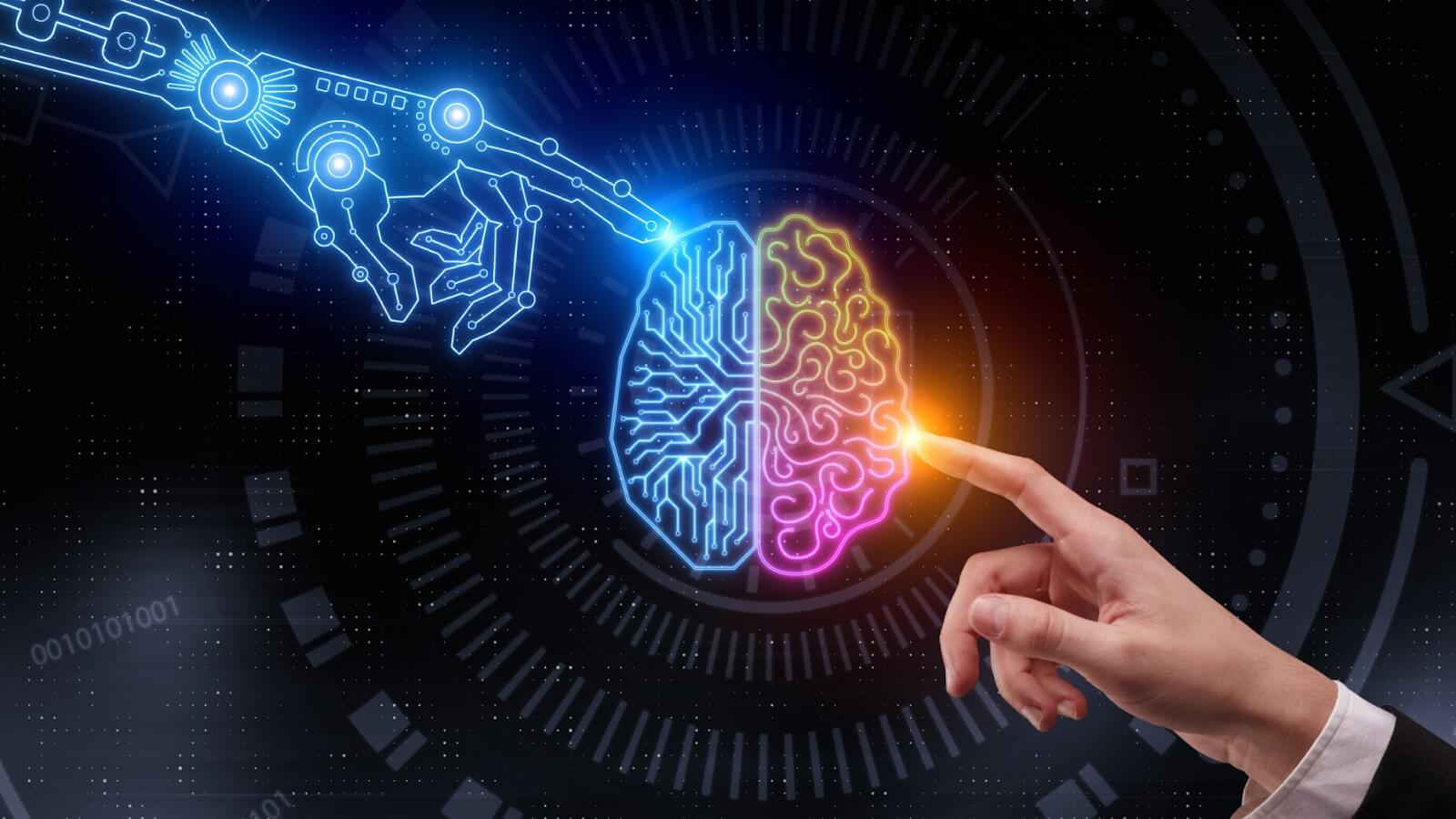Artificial intelligence has been reshaping the landscape of digital marketing in recent years. AI provides valuable customer behavior insights, automates complex processes and facilitates marketers in decision making. These factors are crucial to accomplish business goals.
Components of AI Marketing
AI offers ways to bridge the gap between data science and performance. The process of analyzing vast amounts of data was once a complex and long process, but nowadays it’s quick and easy.
Think about all the new technologies that have been introduced to the market. We have all heard about Google’s driverless cars, Snapchat Glasses, or Elon Musk’s city on Mars. What about particular marketing technologies?
Artificial intelligence in marketing is composed of several components, involving big data, machine learning and dynamic marketing solutions.
Big Data
Big data is a very simple concept. In marketing, it includes collecting, examining, and using massive amounts of digital information to improve business operations. One of them is getting a 360-degree view of their target audiences. As a result, marketers ensure that the right message is delivered to the right people through the channels they choose.
Machine Learning
Machine learning platforms can help marketers try to make sense of this vast amount of data. It helps identify trends and common occurrences and effectively predict common insights, responses and reactions. This helps marketers understand the root cause and the likelihood that a particular action will be repeated.
Marketing Solutions
Marketing solutions powered by AI truly understand the world as humans do. This means the platform can identify insightful concepts and themes within various datasets incredibly quickly. AI solutions also interpret emotions and communications like humans do. Therefore, it enables platforms to understand open content such as social media, natural language, and email replies.
Benefits of Chat GPT in Marketing
A recent PwC study shows 72% of marketing professionals view AI as a “business advantage.” One of the most recent innovations of artificial intelligence is Chat GPT that is expected to transform how marketing works. This instrument developed by OpenAI is a specifically designed variant of GPT for conversational language. In the following paragraphs, we explain how Chat GPT can impact marketing outcomes.
Create Automated Chatbot Responses
Once trained, GPT-powered chatbots can generate responses to new customer queries in a way that mimics human conversation. The model can also be fine-tuned for specific use cases, such as customer service or e-commerce, to improve its performance in those areas. This can free up time for human customer service representatives to handle more complex issues. Impressive, isn’t it?
Generate Personalized Product Recommendations
ChatGPT can generate personalized product recommendations in marketing by using a combination of natural language processing and machine learning techniques. The model can be trained on a dataset of customer interactions, such as past purchases and browsing history, to learn patterns and preferences. This information can then be used to generate personalized product recommendations for individual customers. Additionally, the model can take into account external factors such as current promotions and inventory levels to make even more accurate recommendations. These factors can increase the likelihood of conversions.
Content Creation
If you are struggling to brainstorm about new content ideas, Chat GPT can help you. It can be used to generate a variety of marketing content, such as email subject lines, product descriptions, social media posts, and even blog articles. However, it is important to keep in mind that GPT is a language model, and while it can generate human-like text, the content it produces may not always be accurate or appropriate. It’s always a good idea to have a human review the content before it is used in a marketing plan.
Voice Search Optimization
Chat GPT can be used to optimize content for voice search, which is becoming increasingly popular among consumers. It can also be integrated with speech recognition software to improve the accuracy of transcribing spoken queries into text, which can then be used for search optimization.
Automated Email Marketing
Yes, the list goes on! Chat GPT can be used to generate personalized email campaigns by analyzing customer data and identifying specific segments to target. As a result, the language model can then generate personalized email content that is tailored to the interests and behaviors of those segments, increasing engagement. To drive conversions, GPT can also be utilized to optimize subject lines and generate calls-to-action.
Personalized Surveys
Furthermore, Chat GPT can be used to generate personalized surveys by analyzing customer data and identifying specific segments to target. It can produce survey questions that are tailored to the interests and behaviors of those segments, growing the likelihood of engagement and response rate. Additionally, GPT can be used to generate multiple versions of the survey to test which questions are most effective in gathering the desired information. These personalized surveys can be used to gather customer feedback and improve marketing efforts, as well as to inform product development and customer service.
Conclusion
AI, in particular Chat GPT, automates data collection and analysis, empowering marketers to make more effective data-driven decision making. It accelerates the speed at which consumer data is processed and delivers valuable insights. As a result, marketing messages can be tailored to specific target audiences.





